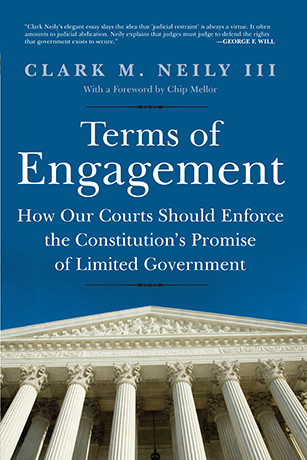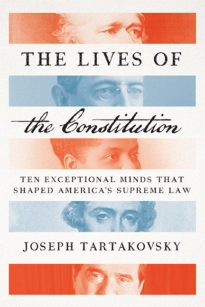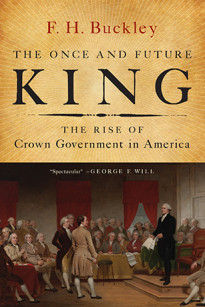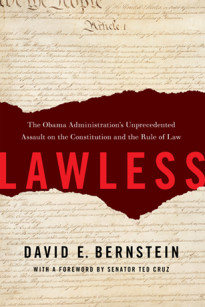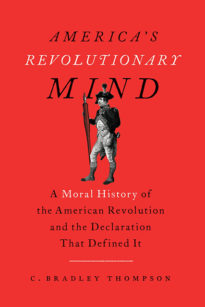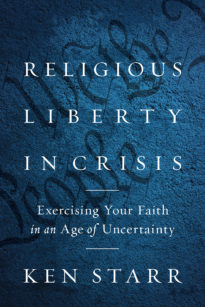The Constitution of the United States was designed to limit government power and protect individuals from the tyranny of majorities and interest-group politics. But these protections are meaningless without judges who are fully committed to enforcing them, and America’s judges have largely abdicated that responsibility. All too often, instead of judging the constitutionality of government action, courts simply rationalize it. That’s what the Supreme Court did in upholding the Affordable Care Act, which represents the largest—and most blatantly unconstitutional—expansion of federal power since the New Deal.
From its abandonment of federalism to its open disregard for property rights and economic freedom, the Supreme Court routinely protects government prerogatives at the expense of liberty. The root of this error is the mistaken belief, on both the left and the right, that the leading constitutional value is majority rule and the chief judicial virtue is reflexive deference to other branches of government. As a result, while courts will actually judge the constitutionality of government action where it concerns a handful of rights they happen to care about, they merely pretend to judge in many other cases.
That is judicial abdication. It means that courts have abandoned their essential role in the system of checks and balances so carefully crafted by the Founders. This book argues that principled judicial engagement—real judging in all cases, with no exceptions—provides the path back to constitutionally limited government.
